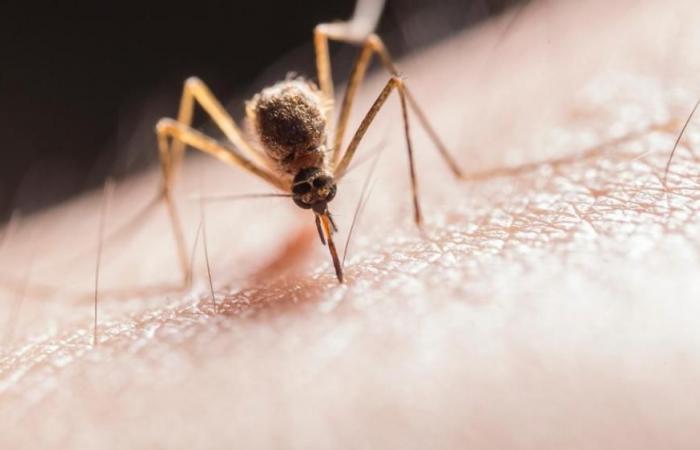O The impact of climate change goes far beyond environmental issues and is also responsible for the spread of diseases. A team of experts warned of the spread of harmful pathogens associated with climate change.
Published in JAMA: The Journal of the American Medical Association, the study highlights the importance of prepare medical notice for these diseases and to take measures to combat global warming.
Doctors must prepare for the changing landscape of infectious diseases (photo: Unsplash)
“Doctors need to be prepared to deal with the changing landscape of infectious diseases”, stated the main author of the text, George R. Thompson, highlighting that “learning about the link between climate change and disease behavior can help guide the diagnosis, treatment and prevention of infectious diseases”.
According to the professor of medicine at the University of California, Doctors must maintain “a high index of suspicion for diseases on the move”.
What diseases are spreading most due to climate change?
Infectious diseases can be caused by viruses, bacteria, fungi or parasites, many of which are transmitted from animals to humans or between humans. Among infectious diseases, they point out, are diseases transmitted by vectors (mosquitoes, fleas and ticks), such as dengue fever, malaria and the Zika virus.
Changing precipitation patterns are increasing the range of vectors and their periods of activity, according to the study. Shorter, warmer winters and longer summers are also associated with a greater number of vector-borne diseases.
Also mosquitoes that transmit malaria are expanding north due to climate change. Changing precipitation patterns have led to greater numbers of mosquitoes and a higher rate of disease transmission.
“One of the scariest things that happened last summer was the locally acquired cases of malaria [nos Estados Unidos]. We saw cases in Texas and Florida and then north to Maryland, which was really surprising. It happened to people who hadn’t traveled outside the United States,” she recalled.
mosquitoes that transmit malaria are expanding north (photo: Jimmy Chan/Pexels)
To the Changes in precipitation patterns and coastal water temperatures can also affect the spread of waterborne diseasessuch as E. coli and choleric vibrio.
The study also pointed to the appearance of new fungal infectionssuch as Candida auris (C. auris), and for changes in the location of some fungal pathogens.
Experts recalled that, in recent years, infectious diseases, such as Covid-19, have had a huge impact on the world.







